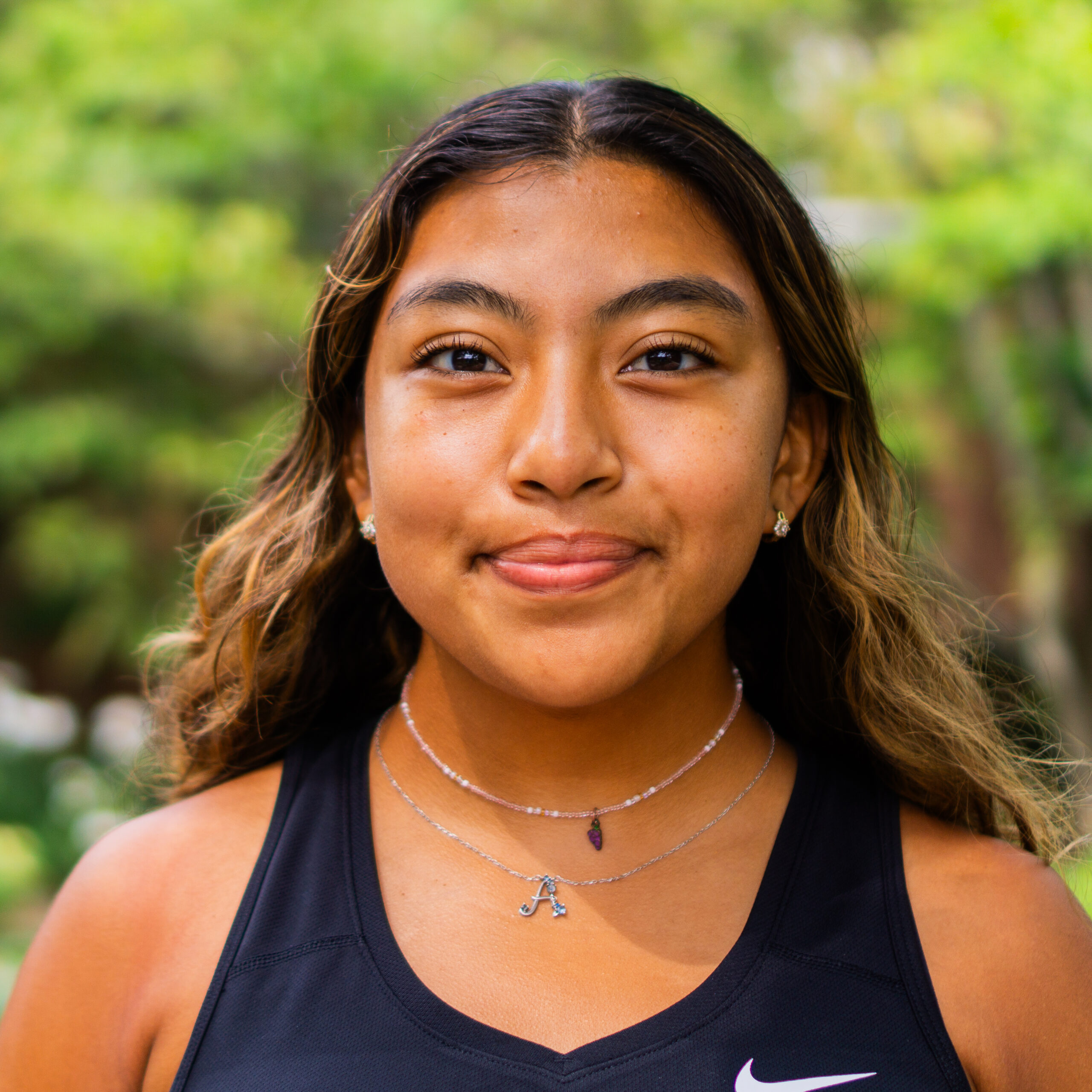“Where are you from?” This is a question I have been getting asked a lot lately. When I was young, I was told by my parents to not mention my birthplace. I was born in Mexico City, Mexico, and my parents were afraid that if others knew, it would put me at risk. So, I often hid this part of my identity from those around me. Each year as Mexican Independence Day approaches, I ponder this question. I often tune in to watch “El Grito” from El Zocalo as my people celebrate with so much pride.
However, I always feel a disconnect. I am proud to be Mexican, but to be frank I have no idea what is happening in my home country. I have fallen into the fast-paced lifestyle of the United States and I often forget to look beyond. Tunnel vision has affected my life as I get carried away with my tasks and expectations. It feels like I am confined into a box that reminds me each year of what I am missing. Yes, I am Mexican, but I am uneducated of what occurs in my birthplace. I have the rights of a Mexican citizen, but I struggle to feel a part of it. I do not know the land nor what is occurring because I have not been there since I was born.I am part of the 1.5 generation which I was introduced to by Roberto G. Gonzales in his book “Lives in Limbo: Undocumented and Coming of Age in America.” The 1.5 generation is defined as those who were born in Mexico but have lived in the U.S. for most of their lives. I am 21 years old and have spent 20 years of my life in the United States. Yet, I don’t feel American because of the barriers that come with being an immigrant. As an immigrant, I knew I was “different” when my parents would tell me that I could not visit my family like my brothers. Or when I could not participate in school trips because I did not meet the requirements. This barrier grew larger as I got older. I learned in school what it meant to be “American”, to have pride and vote, but how can I do that when I don’t have any rights? Like Gonzales’s book, it leaves my identity and life in limbo, feeling like I am not from the soil I live on. But that is another story for a different time.
So when I am asked, “Where are you from?” I often get stuck. I was born in Mexico, grew up in California, and have lived in Goshen for seven years. So where exactly do I say I am “from”?
The word “from” is defined as indicating a point in space at which a journey starts. So, as I continue to navigate life, does the space that I am “from” change? Does it mean that I am from whatever space my new journey is starting? I do not want to lose the fact that I am Mexican but it is not physically where I am in my journey; I believe it is more complicated.
It is not black or white, but it is about identity. For those of us who have multiple identities and roots in different places, this question may be hard. All of those places make us who we are as people, but how do you own your identity when you are driven away from parts of it? We are socialized to be confined within these terms and conform. It is true that we get so carried away with life that we forget to take a step back. The answer is not simple because we are all different, but I challenge you to think deeper the next time you are asked, “Where are you from?” What does it mean to you?
Arleth Martinez is a senior sociology major. She runs cross country and track, is in PIN Leadership and is the president of One Circle.



